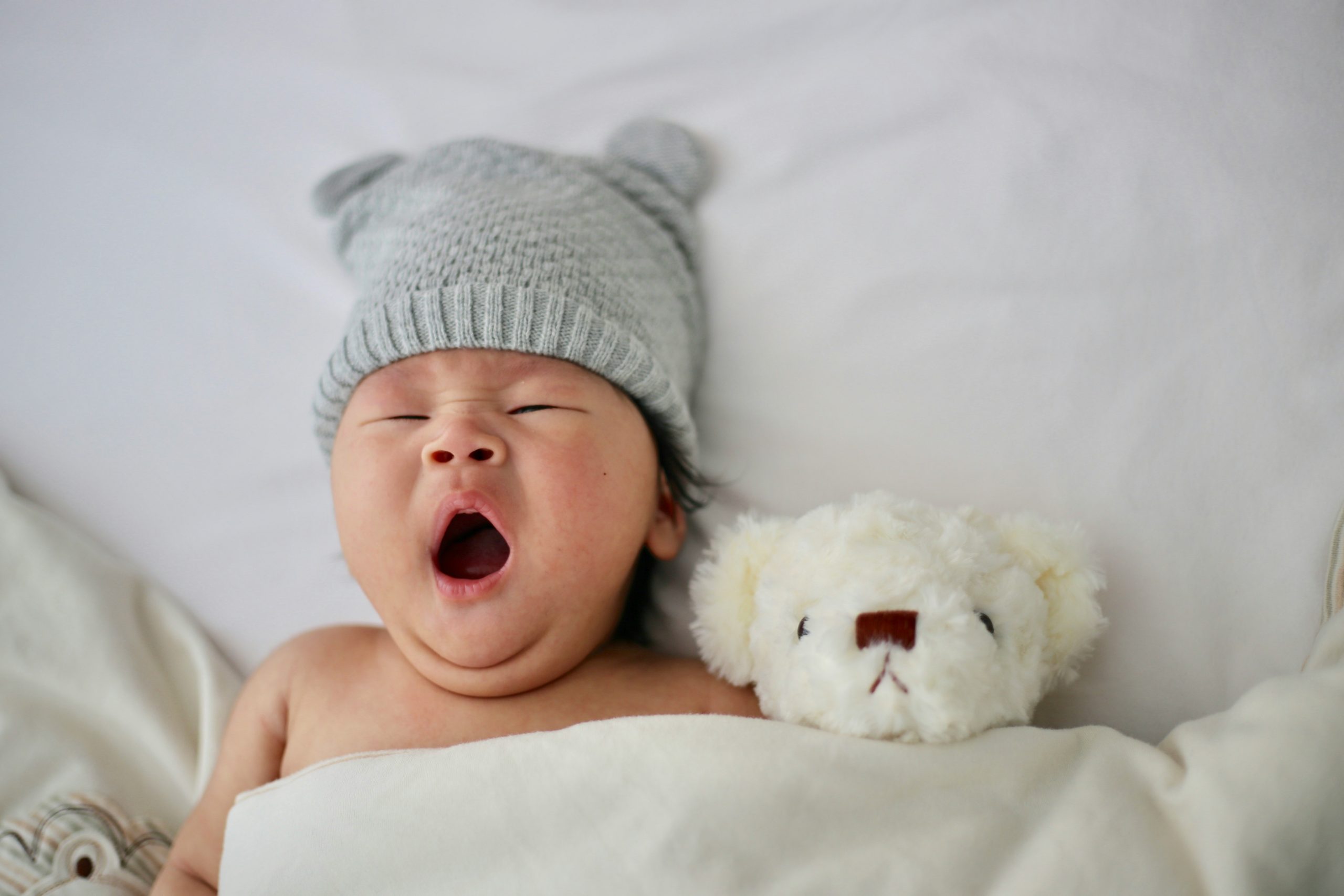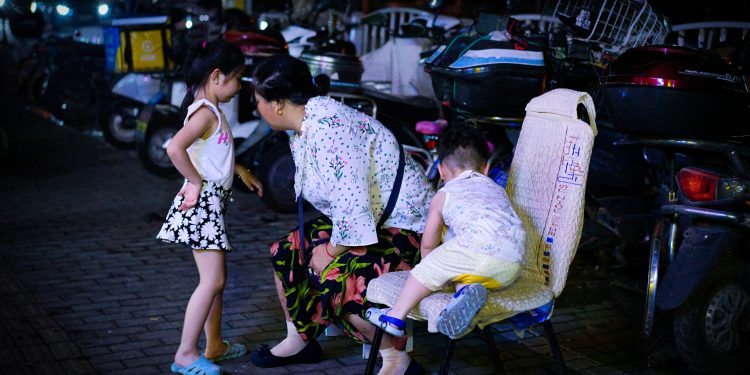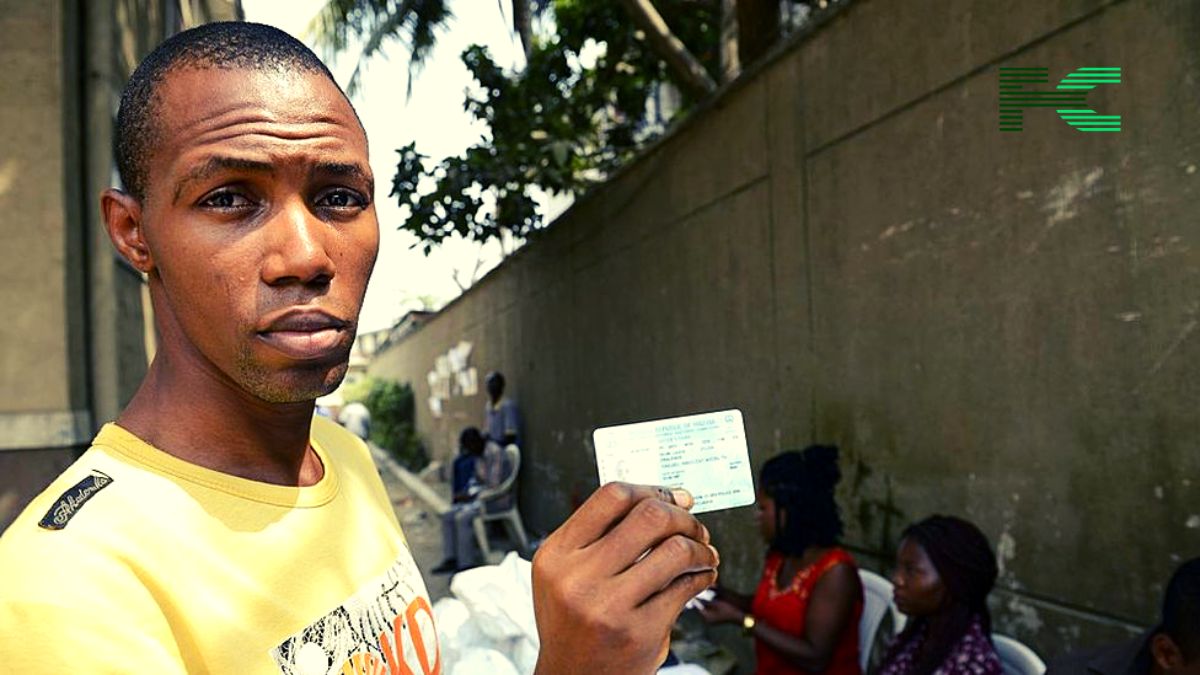China has rolled out its first nationwide baby bonus program, offering parents 3,600 yuan ($500) annually for each child under three years old in a bold attempt to reverse the country’s plummeting birth rate. The subsidy, which totals 10,800 yuan per child when claimed for the full three years, applies retroactively to births since January 2024 and follows similar local government incentives in cities like Hohhot and Shenyang.
The move comes as China battles a looming demographic crisis, with its population shrinking for three consecutive years despite scrapping the one-child policy in 2016. State media reports the program could benefit 20 million families, helping offset China’s status as one of the world’s most expensive countries to raise children—where costs average $75,700 per child to age 17 according to the YuWa Population Research Institute.
Several provinces had already tested financial incentives, with Hohhot offering 100,000 yuan for third children and Shenyang providing 500 yuan monthly for third babies under three. The new national scheme coincides with Beijing’s directive for free preschool education plans, addressing two major barriers to parenthood: childcare costs and education expenses.

Despite a slight uptick in 2024 births (9.54 million babies, per the National Bureau of Statistics), China’s 1.4 billion population continues declining as rapid aging strains social systems. The subsidy marks the Communist Party’s most aggressive pronatalist policy to date, though experts question whether cash alone can overcome young couples’ reluctance to start families amid economic pressures and urban living costs.
Why China May Not Be Able to Reverse its Population Decline
China’s fertility rate (1.09 in 2024) remains far below the 2.1 replacement level, with the working-age population shrinking by 5 million annually. The baby bonus joins other measures like extended parental leave and housing subsidies, but cultural shifts (including later marriages and career-focused youth) pose deeper challenges.
As local governments implement the program, analysts warn that reversing population decline requires systemic changes. “Subsidies help, but without affordable housing and gender equality in childcare, the impact may be limited,” said demographer Li Wen of Fudan University. With 20% of China’s population projected to be over 65 by 2035, the stakes for this fertility incentive experiment couldn’t be higher.

















